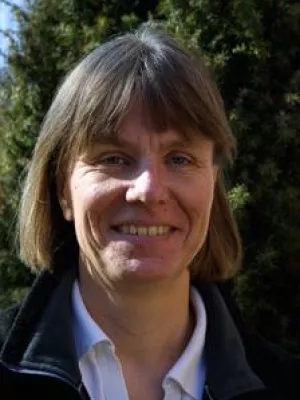
Katarina Hedlund
Professor

Captured metagenomics: large-scale targeting of genes based on 'sequence capture' reveals functional diversity in soils.
Author
Summary, in English
Microbial enzyme diversity is a key to understand many ecosystem processes. Whole metagenome sequencing (WMG) obtains information on functional genes, but it is costly and inefficient due to large amount of sequencing that is required. In this study, we have applied a captured metagenomics technique for functional genes in soil microorganisms, as an alternative to WMG. Large-scale targeting of functional genes, coding for enzymes related to organic matter degradation, was applied to two agricultural soil communities through captured metagenomics. Captured metagenomics uses custom-designed, hybridization-based oligonucleotide probes that enrich functional genes of interest in metagenomic libraries where only probe-bound DNA fragments are sequenced. The captured metagenomes were highly enriched with targeted genes while maintaining their target diversity and their taxonomic distribution correlated well with the traditional ribosomal sequencing. The captured metagenomes were highly enriched with genes related to organic matter degradation; at least five times more than similar, publicly available soil WMG projects. This target enrichment technique also preserves the functional representation of the soils, thereby facilitating comparative metagenomics projects. Here, we present the first study that applies the captured metagenomics approach in large scale, and this novel method allows deep investigations of central ecosystem processes by studying functional gene abundances.
Department/s
- Biodiversity
- MEMEG
- BECC: Biodiversity and Ecosystem services in a Changing Climate
- Soil Ecology
Publishing year
2015
Language
English
Pages
451-460
Publication/Series
DNA Research
Volume
22
Issue
6
Document type
Journal article
Publisher
Oxford University Press
Topic
- Bioinformatics and Systems Biology
- Genetics
Status
Published
Research group
- Soil Ecology
ISBN/ISSN/Other
- ISSN: 1756-1663